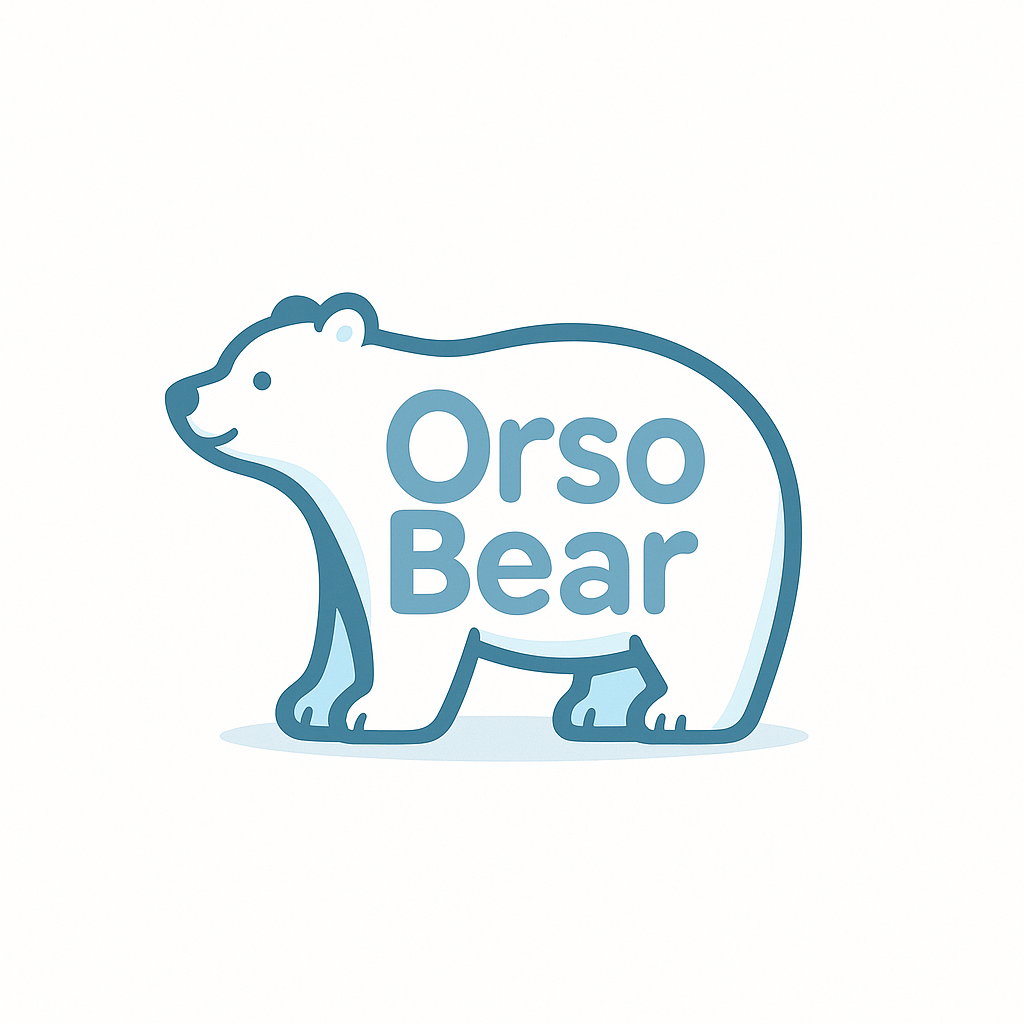Artificial Intelligence (AI) is no longer a distant sci-fi dream. It’s here, and it’s transforming the way businesses operate. For small businesses, AI technology presents a golden opportunity to streamline operations, enhance customer service, and gain a competitive edge. In this post, we will explore some of the latest advancements in AI technology, practical examples of how they are applied, and what these trends mean for the future.
1. Natural Language Processing (NLP)
One of the most significant advancements in AI technology is Natural Language Processing (NLP). In simple terms, NLP allows machines to understand, interpret, and respond to human language in a way that is both meaningful and contextually relevant.
Take the case of ChatGPT, an AI from OpenAI, which uses a language model to craft human-like text based on the input it receives. Businesses can leverage this technology to automate customer service, significantly reducing response times and improving customer satisfaction. A study from Juniper Research found that chatbots could help businesses save over $8 billion per year by 2022.
2. Machine Learning (ML)
Machine Learning, a subset of AI, involves the use of algorithms that improve automatically through experience. This technology enables machines to learn from data without being explicitly programmed, presenting vast opportunities for businesses to gain insights and make data-driven decisions.
For instance, a small online retail business can use ML algorithms to analyze customer behavior and predict future purchasing patterns. This information can then be used to personalize marketing campaigns and increase sales. According to a report by McKinsey, organizations that leverage consumer behavior insights outperform peers by 85 percent in sales growth and more than 25 percent in gross margin.
3. Robotic Process Automation (RPA)
Another exciting development in AI technology is Robotic Process Automation (RPA). RPA involves the use of software robots or ‘bots’ to automate routine, repetitive tasks. This technology can significantly increase efficiency and accuracy in business processes.
A practical application of RPA is in invoice processing. Typically, this involves manually entering data into systems, a time-consuming and error-prone process. With RPA, businesses can automate this process, freeing up valuable time for employees to focus on more strategic tasks. According to Gartner, RPA software revenue grew 63.1% in 2018 to $846 million, making it the fastest-growing segment of the global enterprise software market.
Future Implications and Trends
As AI technology continues to evolve, we can expect even more transformative changes on the horizon. For instance, the advent of AI-powered predictive analytics could revolutionize industries such as healthcare and finance by forecasting future trends and events with unprecedented accuracy.
Moreover, with the rise of ‘Explainable AI,’ businesses will not only be able to leverage AI to make decisions but also understand how these decisions are made. This transparency will foster trust and facilitate more widespread adoption of AI technology.
Conclusion
The latest advancements in AI technology present an exciting opportunity for small businesses. By embracing AI, businesses can streamline operations, enhance customer service, gain valuable insights, and maintain a competitive edge. The future of AI is full of promise, and the businesses that seize these opportunities will be well-positioned for success in the digital age.
Remember, the journey towards AI adoption doesn’t have to be daunting. Start small, experiment with different tools, learn from the outcomes, and gradually build your AI capabilities. The future is here; let’s embrace it.




